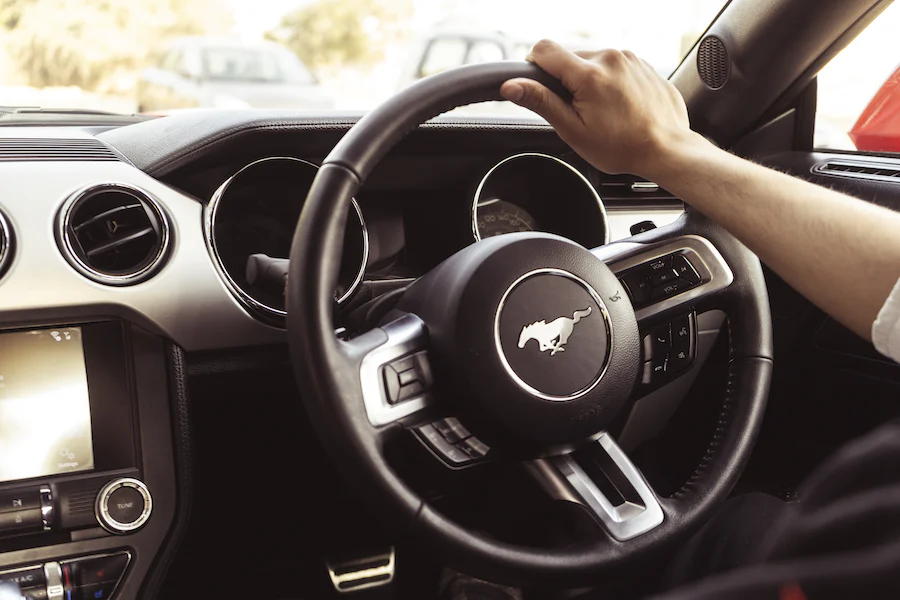The phrases DUI and DWI are frequently used almost interchangeably. Even though they are both acronyms, their meanings are not the same. Driving under the influence is referred to as DUI, and driving while intoxicated is called DWI. In the state of Texas, there is a definite legal separation between them. But, because Houston DWI & Criminal Defense Law is so rigorous, it’s crucial to have a seasoned lawyer representing you regardless of the accusation you are facing.
What is DWI?
The Texas Criminal Code’s Section 49.04 describes driving while drunk as doing so “when a vehicle is in operation in public.” If a person’s mental and/or physical faculties have been compromised as a result of consuming alcohol, a controlled substance, or a dangerous drug, the law deems them to be driving while intoxicated. Intoxication is also proven by a blood alcohol content (BAC) of 0.08 or above.
What is DUI?
Although driving while inebriated while under the influence is a component of a DUI, the charges are distinct. Even with a BAC below 0.08, a DUI charge may be brought. The distinction is that if a person is underage or has any amount of an impairing substance in their system, they can be prosecuted with DUI.
According to state law, if a minor has any detectable level of alcohol in their system, they are instantly considered to be driving under the influence.
Differences between DWI and DUI penalties
Lack of knowledge of the distinctions between the charges is one factor that disadvantages the average person facing an impaired driving charge. The phrases “DWI” and “DUI” are frequently used interchangeably. The type of legal defence needed depends on which of these accusations you are facing.
- A DWI is considered a Class B misdemeanour in Texas, but a DUI is a Class C offence. Minors, those who are under the permitted drinking age of 21, are the only ones who can be charged with DUI. DUI penalties may include a licence suspension for up to 60 days, required alcohol awareness seminars, up to 40 hours of community service, and a fine of up to $500.
- When a person is charged with DWI and has a BAC of 0.15 or more, the offence is classified as a Class A misdemeanour. When a drunk driver causes harm to another person, the accused may be charged with a second or third-degree felony. Texas has harsh penalties for felonies, such as 2–10 years in prison and fines up to $10,000.
Collateral Effects
Sadly, there are further legal punishments for DWI and DUI, in addition to community service and fines. After a conviction, you might also experience unintended repercussions. For instance, convictions for alcohol-related offences may result in job loss, professional licence revocation, and employment exclusion.
Alcohol conviction may be used against you whenever someone conducts a background check, in addition to the potential harm they may cause to your career and employability. For instance, after learning of your conviction, a landlord might decide not to rent to you. Possible immigration issues and elevated insurance costs are further unintended repercussions.
Steps to take after being arrested for DWI or DUI
Regardless of the allegation you’re facing, if you’re suspected of driving while intoxicated, you need a knowledgeable attorney on your side. If you don’t have a lawyer on your side, the punishments you receive may be much more severe.
It can be frightening to be accused of these crimes, especially for first-time offenders. It is wise to consult an attorney for advice and direction. You shouldn’t try to solve a situation like this by yourself.
You may also like
-
Common Misconceptions About Disability Law and Lawyers
-
Finding the Right Disability Lawyer: Key Factors to Consider
-
Creating Families Across Canada: The Journey Through Adoption
-
Understanding the Practical Applications of Ibutamoren in Research
-
Navigating Regulations and Permits in the Crude Oil Hauling Industry
